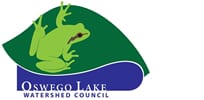LOTree Tree Inventory Community Science Program
Looking for Volunteers!
Lake Oswego’s urban forest is comprised of thousands of trees, so OLWC is relying on our passionate volunteer community scientists (like you!) to make this project a success!
LOTree Survey Demo and Tree Identification Workshops
City of Lake Oswego Maintenance Facility
17601 Pilkington Rd
Lake Oswego, OR 97035
Email our Education & Outreach Specialist, Allie to learn more about LOTree and sign up for a workshop! allie@oswegowatershed.org
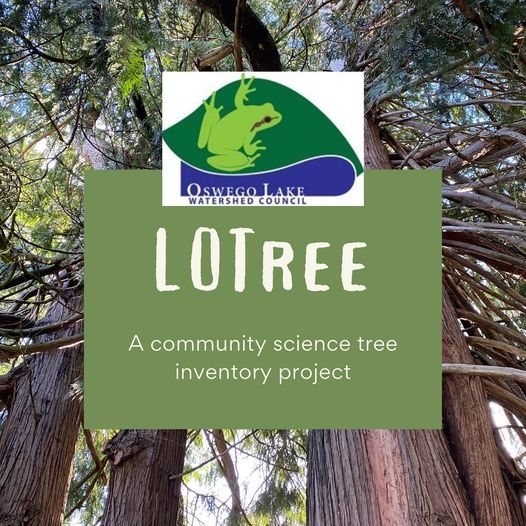
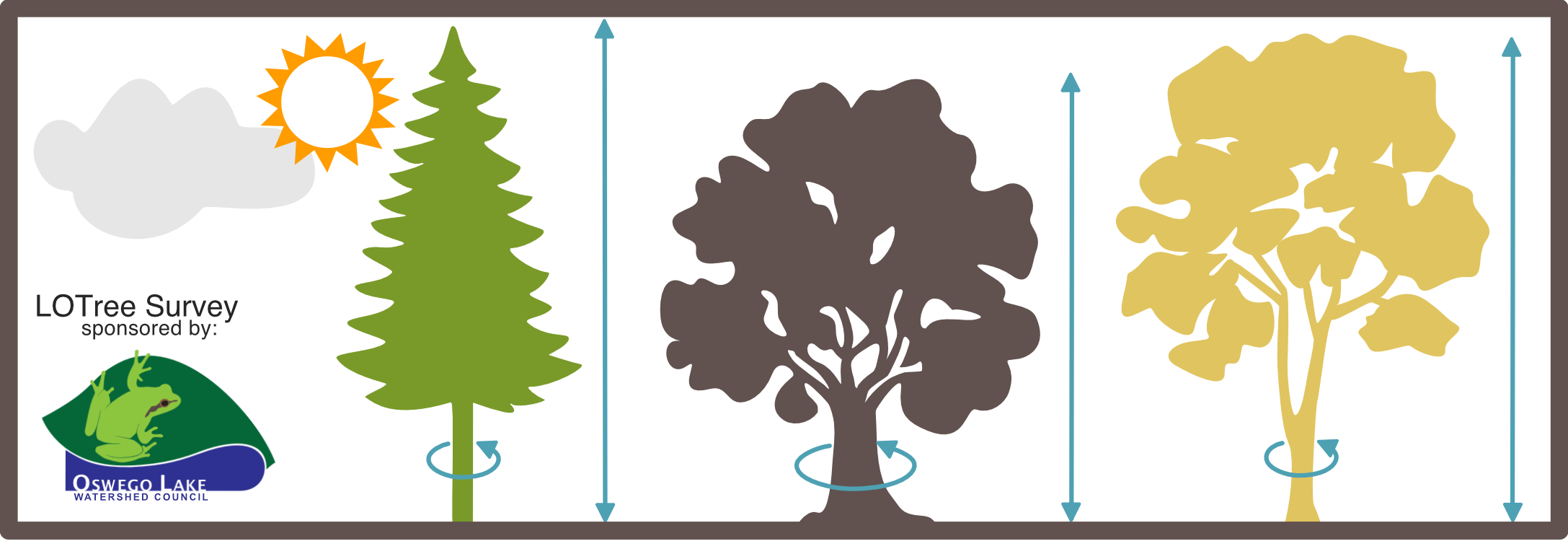
Have you ever wondered how individual trees within Lake Oswego’s urban forest are helping to mitigate the impacts of climate change? Are you looking for a meaningful community science project that will contribute to our knowledge of the health of our urban forest?
Oswego Lake Watershed Council (OLWC) has developed a new community science program that will train volunteers on how to measure and collect data on trees growing throughout Lake Oswego to contribute to a dataset that will provide a snapshot of the health and diversity of our urban forest. Data collected by our community will provide arborists, scientists, community members, and city planners with information about the economic and ecological benefits of our urban forest.
If you have additional questions about OLWC’s tree inventory survey or the LOTree model, please contact Allie Molen.
What is LOTree?
LOTree Eco is a model developed using peer-reviewed USDA Forest Service Research that uses tree measurements, hourly weather data and air pollution concentration data to estimate the ecosystem services and structural characteristic of the urban forest. Tree measurements that are collected by volunteer community scientists are submitted to OLWC via an online web form survey and then downloaded into the LOTree database.
The data in the database will be run by the LOTree Eco model, which calculates the environmental and economic benefits provided by our urban forest. This can provide estimates of the total carbon stored, the hourly amount of pollution removed, yearly avoided precipitation runoff, and the effects individual trees can have on a building’s energy use. Data collected by community scientists added to LOTree will provide invaluable data to OLWC that can be used to understand the species composition and overall health of the urban forest, which can provide us with a better understanding as to how Lake Oswego’s urban forest contributes to the mitigation of climate change.
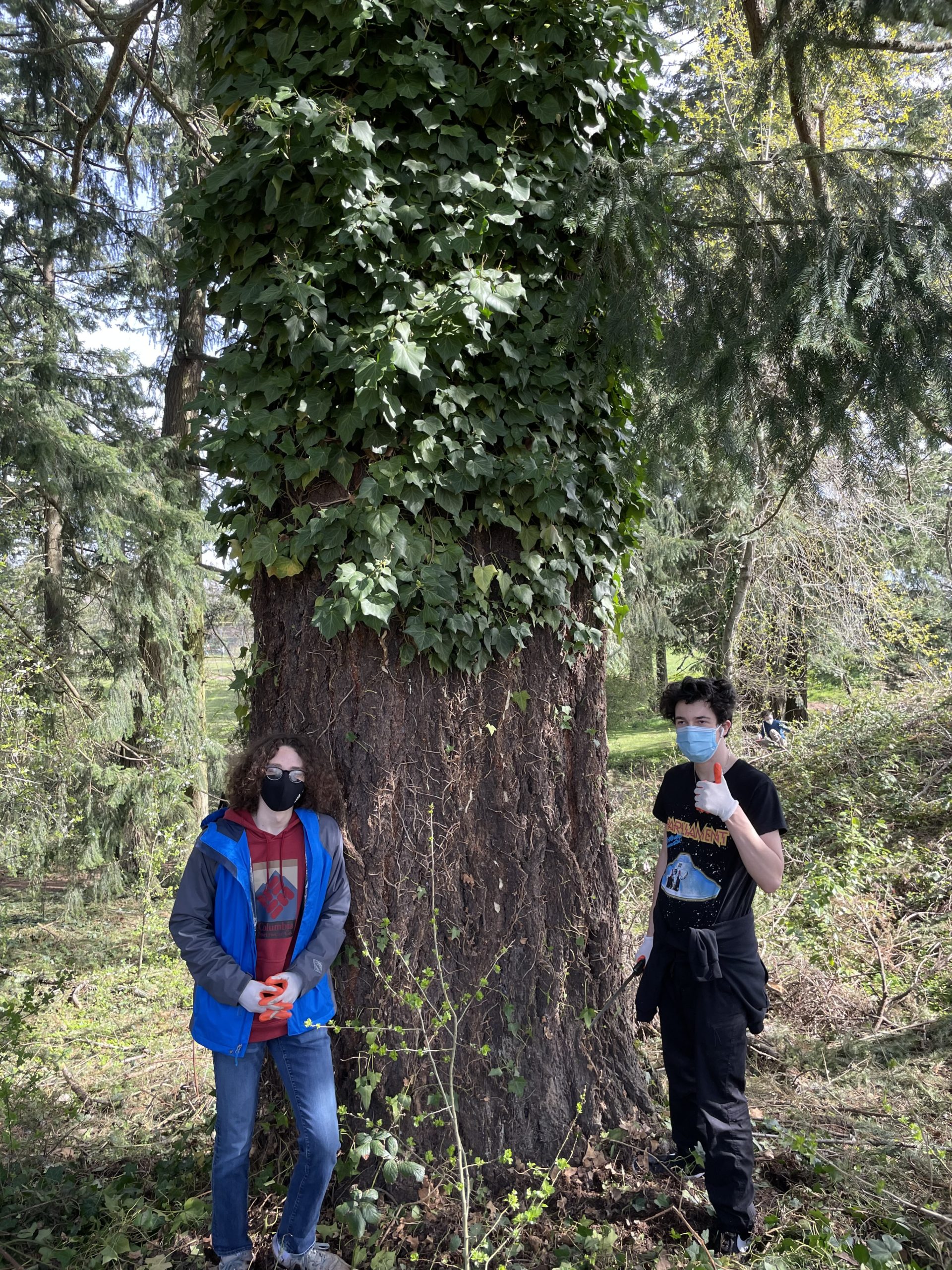
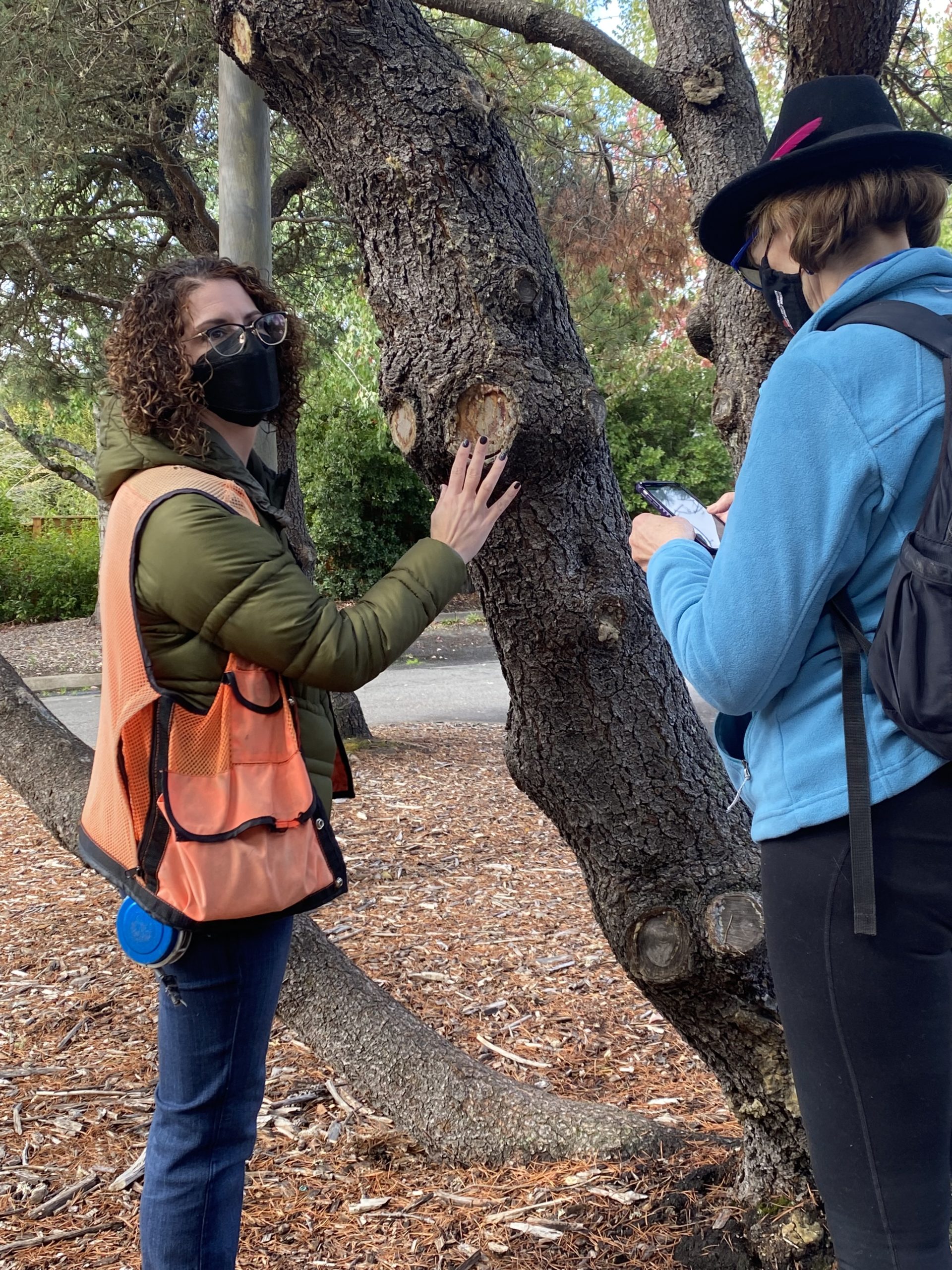
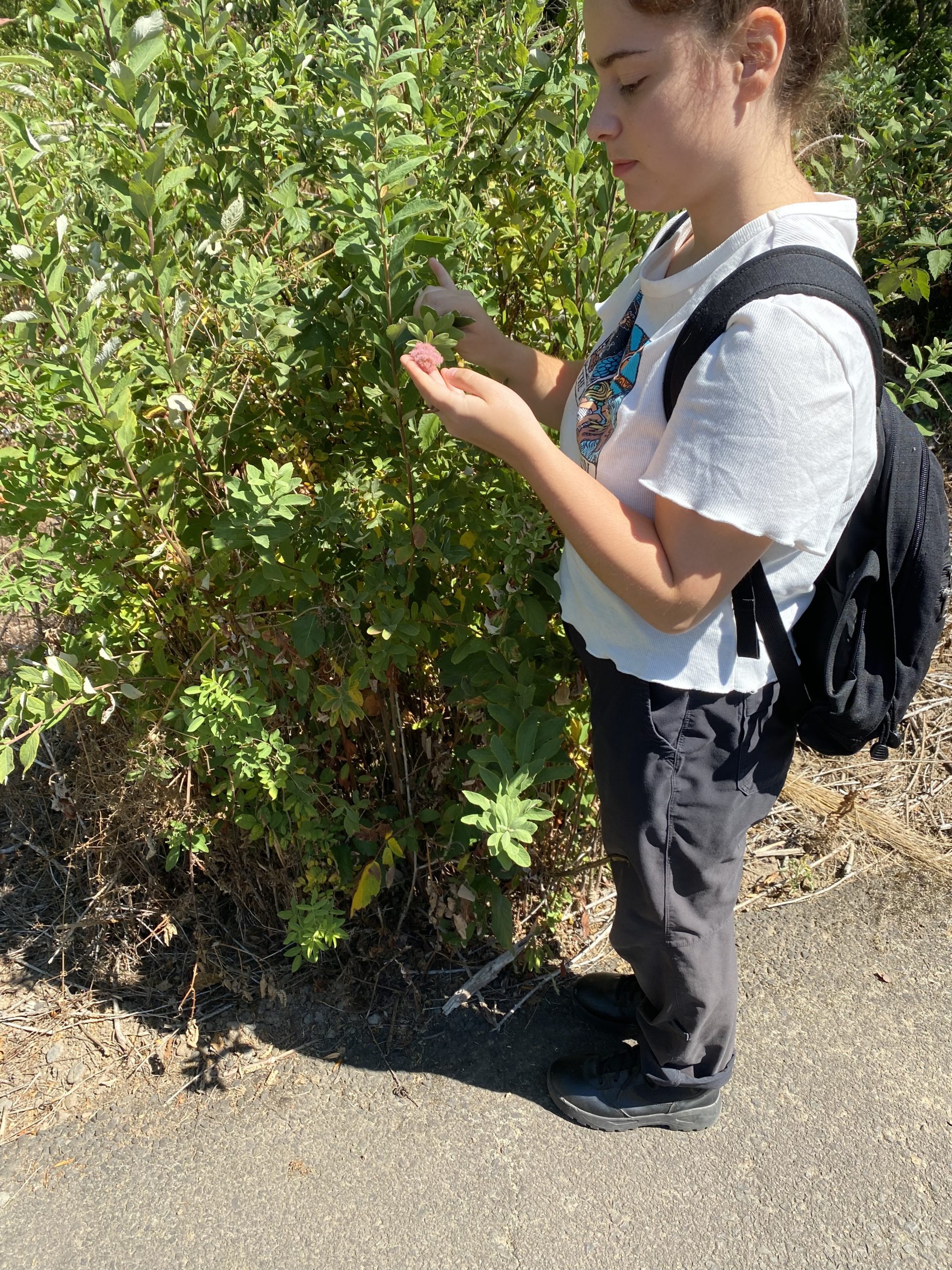
This program was made possible by support from the Clackamas Soil and Water Conservation District and generous donors to Oswego Lake Watershed Council.
